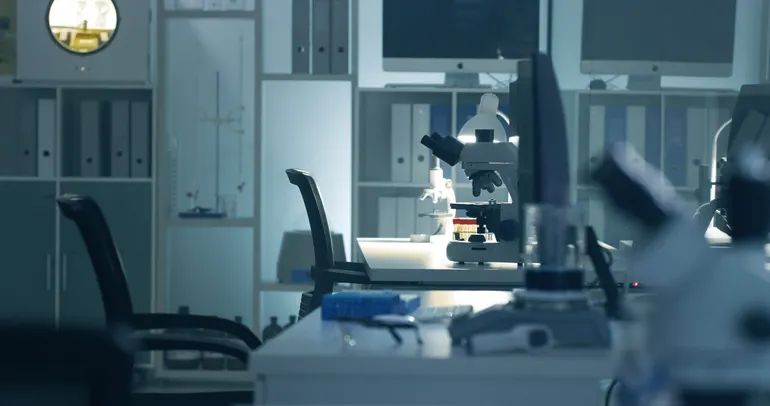Roche pays $70M in another bid to catch up on cancer cell therapies


Roche will pay private biotechnology company Arsenal Biosciences $70 million to gain access to technology the two companies hope can help them redirect immune cells to attack cancer.
The deal, announced Tuesday, promises additional payments to ArsenalBio based on development and commercial progress of experimental T-cell treatments the companies develop for solid tumors.
CAR-T cell therapies like Novartis’ Kymriah and Gilead’s Yescarta are effective in treating advanced cancers of the blood like leukemia and lymphoma, in which malignant cells circulate in the blood and lymphatic system. Drugmakers so far have not been successful in developing CAR-T therapies for solid tumors because of the “complex immunological defense systems present in and surrounding” them, ArsenalBio said in a statement.
ArsenalBio’s technology is meant to help Roche develop a T-cell therapy that can better evade the defenses of solid tumors.
A leader in biologic drugs for cancer like Herceptin and Avastin, Roche until recently hasn’t shown as much interest in cell therapy. The CAR-T treatments approved to date are complex, requiring cells be withdrawn from patients, re-engineered and then manufactured in large numbers before re-infusion into patients. The laborious and costly process has to some degree limited their commercial reach, although developers have gotten better at producing them more quickly.
But deals cut by Roche over the course of the last year signal its intentions to focus on less complicated treatments and on solid tumors. In September 2021, Roche paid $150 million to Adaptimmune in a deal that encompassed so-called “off-the-shelf” immune therapies based on donor cells and solid tumor targets. And in August, it signed a $110 million deal with a biotech called Poseida Therapeutics, also for off-the-shelf cancer cell therapies.
For ArsenalBio, the deal represents a financial boost. Following a $220 million Series B funding round, Roche’s $70 million upfront fee will further pad out the startup’s cash holdings, and the collaboration helps to validate ArsenalBio’s technology in the eyes of other drugmakers.
Bristol Myers Squibb, which successfully won U.S. approval for the CAR-T therapies Breyanzi and Abecma, was a participant in ArsenalBio’s Series B. The two companies have been collaborating since January 2021.
This post has been syndicated from a third-party source. View the original article here.




